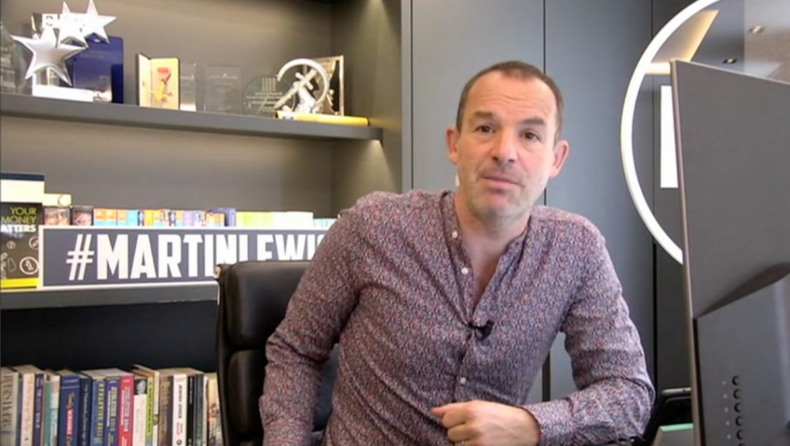
Martin Lewis has stated that the issue with energy costs is “a national calamity” comparable to the COVID epidemic.
According to the consumer expert, assistance must double to offset the enormous anticipated increase in bill costs.
“Continually helped homes”
The government claimed that it had “continually helped homes” by taking measures.
As of September of last year, the total amount of bill debt owing was three times more than it is today, according to a poll by the comparison website Uswitch. It found that many consumers are already behind on their energy bill payments.
O n average over one-quarter of households owe £206. The 2,000-person poll found it.
Uswitch urged consumers who were in debt to get in touch with their supplier. In order to arrange a more manageable bill payment schedule.
The findings were released a day after the consultant, Cornwall Insight, issued a warning that energy costs might increase far more than anticipated in October.
Additionally, Cornwall anticipates bill increases to be far more pronounced in January. With the typical home paying £355 per month as opposed to the current £164 per month.
The government proposed a support scheme
According to Mr. Lewis, between May of this year and October, the price cap—the most that suppliers may charge consumers in England, Scotland, and Wales for each unit of energy—would essentially treble.
The energy regulator, Ofgem, is scheduled to make the most recent price cap announcement at the end of this month.
The government unveiled an assistance program in May. It included a £400 energy bill discount for all homes in the UK. Also, an additional £650 for more than eight million low-income households.
Ministers will meet with leading figures in the energy business
However, Mr. Lewis stated that “the chancellor will need to treble every statistic in that package” if he wants to be consistent.
On Thursday, ministers will speak with industry titans in the energy sector. It is to discuss ways to lower living expenses.
But eventually, according to Mr. Lewis, “government alone” might assist by putting “more money into people’s pockets.”
To assist households with rising energy prices, the government is offering £400 in assistance
The CEO of Octopus Energy also stated that he believed the government’s offer of £400 to help households with rising energy costs needs to be improved.
The first support package may have been “appropriate” at the time. Greg Jackson told that “obviously it’s not adequate today. We need to look at similarly large help from the government for this winter.”
Energy distributor Utilita’s chairman, Derek Lickorish, advocated for the implementation of a social tariff that provides lower-income customers with discounted prices.
Additionally, he stated that the government must “dramatically” raise aid by £800 to £1,000 per household.
The two most common reasons why households owe money to their supplier
Households typically incur debt to their provider for two reasons. First, their direct debit payments may be inadequate to cover the quantity of energy consumed.
Anyone in that situation should get in touch with their supplier right away and provide the company with their accurate meter readings to prevent a surprise cost.
The second factor is that many are just not making their payments on time.
Eight million families lack credit balances, meaning they have no buffer against this winter’s bill increases, according to the Uswitch poll. This is in addition to the portion that is in debt.
The Department for Business, Energy, and Industrial Strategy issued the following statement: “We recognize the problems families are feeling with rising expenses, which is why we have consistently taken action to help households by phasing in £37bn of support throughout the year.”













